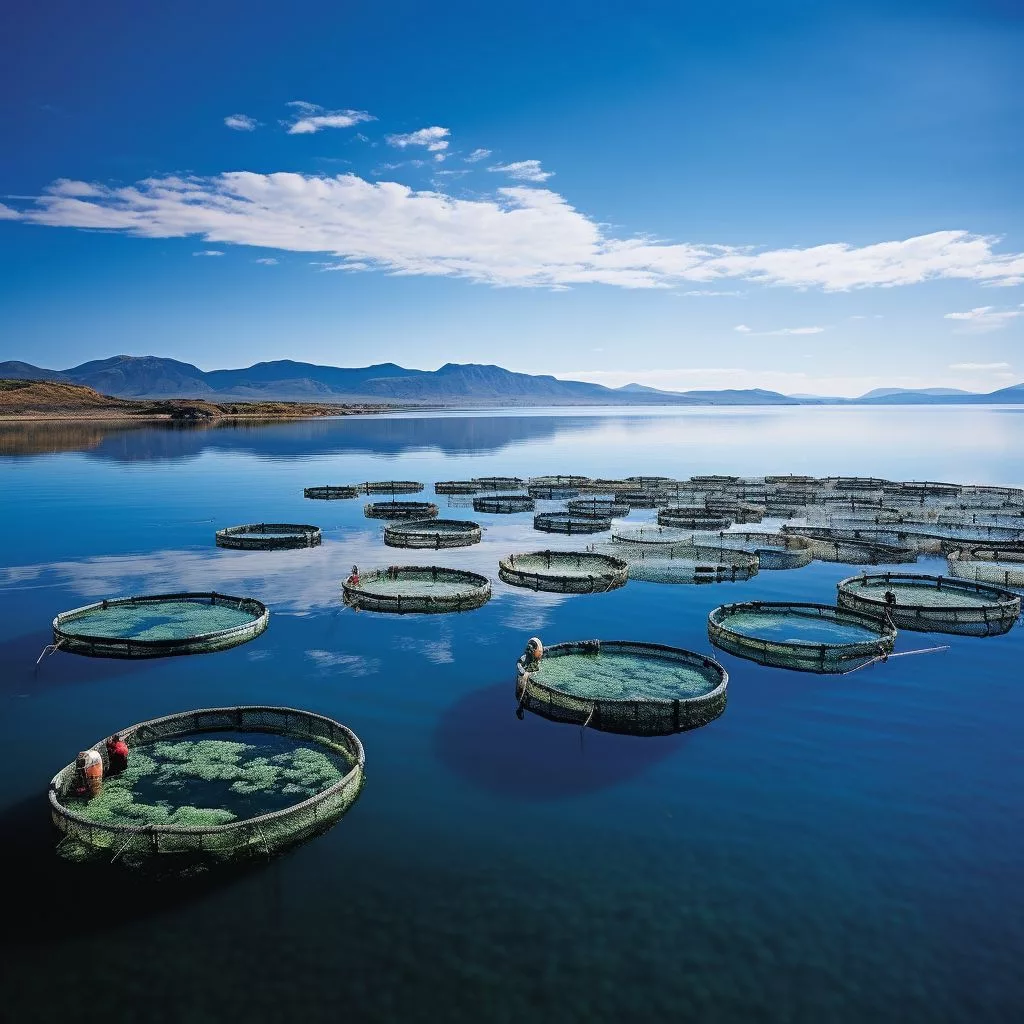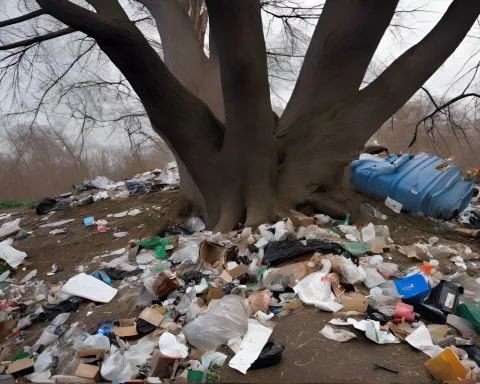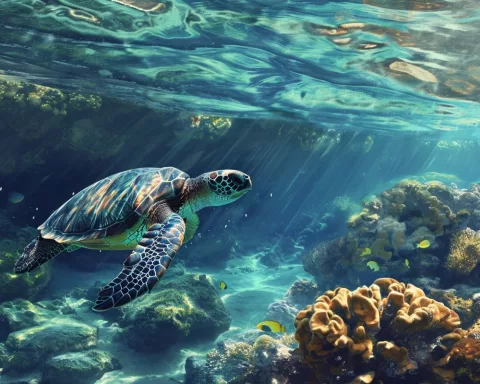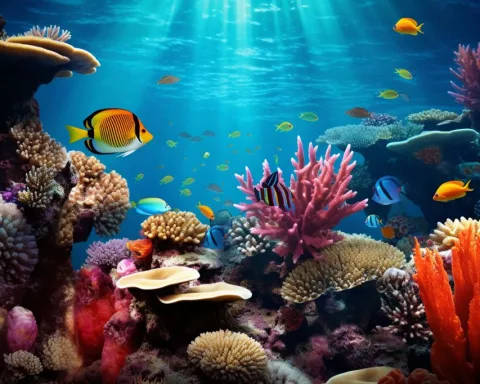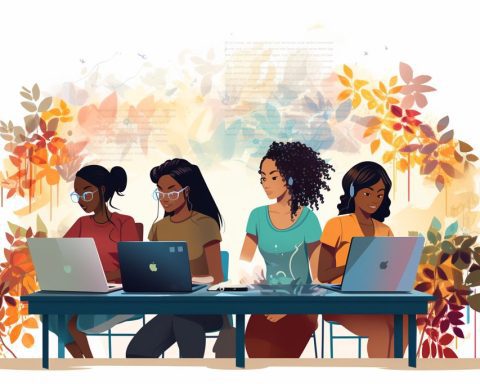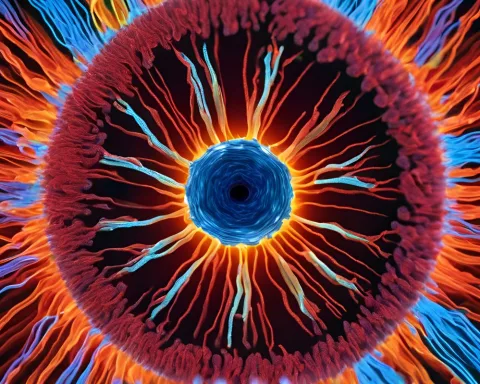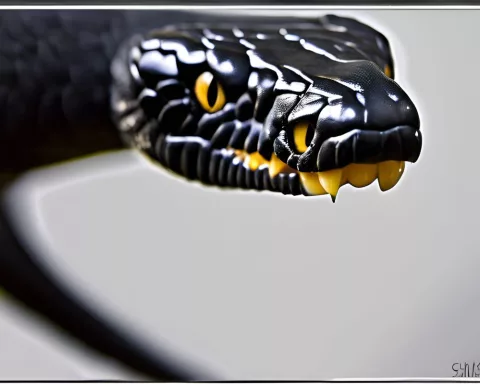Artificial intelligence (AI) is being used to prevent marine mammal entanglement in Saldanha Bay, South Africa. The technology is an early warning system for mussel farmers and triggers an emergency response protocol if entanglement occurs. The project is a collaboration between Vodacom South Africa and the World Wide Fund for Nature, and demonstrates how technology can support environmental sustainability.
How is artificial intelligence being used for marine conservation?
Cameras and hydrophones equipped with artificial intelligence are being used to prevent marine mammal entanglement in Saldanha Bay, South Africa. The technology functions as an early warning system for mussel farmers and triggers an emergency response protocol if entanglement occurs. The project is a collaboration between Vodacom South Africa and the World Wide Fund for Nature, and serves as an exemplification of technology’s potential to advance environmental sustainability.
Nestled in the dusky blue expanse of Saldanha Bay, a transformative technological revolution is unfolding. Artificial intelligence (AI) is being utilized in a pioneering endeavor to shield marine mammals from the hazards of entanglement. This innovative venture, a collaborative effort between Vodacom South Africa and the World Wide Fund for Nature (WWF), is an affirmation of the potential harmony between technology and natural conservation efforts.
AI at the Forefront of Environmental Protection
These contemporary times are characterized by escalating environmental adversities. The initiative’s objective is to deploy a series of cameras and hydrophones to combat these difficulties. These instruments function as an advance alert system for the mussel farmers operational in the Saldanha Bay Aquaculture Development Zone (ADZ). Central to its concept is not only the capacity to identify but also to trigger the ADZ incident and Emergency Response Protocol should an unfortunate entanglement occur.
Sitho Mdlalose, Vodacom South Africa’s Chief Executive Officer, sees this venture as a substantial stride towards fulfilling Vodacom’s dedication to the Sustainable Development Goals defined by the United Nations. He emphasizes, “Our coastal waters are critical in South Africa, contributing to our economic growth via industrial operations and tourism. Simultaneously, these waters also contribute to our environment by harboring diverse species and buffering the negative impacts of climate change.”
Sustainable Seafood Production and Challenges
Upon closer inspection, it is apparent that recently, rope-grown mussel farms have gained acknowledgment as a low-impact, protein-rich seafood source. As traditional fishing communities wrestle with the escalating issues of overfishing, pollution, and climate change, these mussel farms present themselves as a symbol of sustainable seafood production.
However, the specter of marine animal entanglement casts a long shadow over this emerging industry. Pavitray Pillay, the WWF’s Southern African Sustainable Seafood Initiative’s (WWF-SASSI) manager, acknowledges these difficulties. Despite the challenges, she maintains a positive outlook, stating, “Rope-grown mussels are a fantastic sustainable seafood source. Any steps taken to keep this industry on our WWF-SASSI green list are to be welcomed.”
Technological Innovation and Environmental Stewardship
Vodacom’s dedication to this pioneering project has been greeted with great enthusiasm. The possibility of expanding this project to other ADZs around the coast is particularly inspiring. It validates the transformative potential of technology when leveraged for the collective benefit.
The advantages of this early warning system are not restricted to entanglement prevention. It also acts as a useful reservoir of scientific data by documenting the movements of marine life. This could have significant consequences for averting ship collisions with other marine species like seals and dolphins, further enhancing the environmental credentials of the project.
As we traverse the 21st century, the urgency for environmental guardianship is more pronounced than ever before. The initiative in Saldanha Bay stands as a shining exemplification of technology’s potential to advance environmental sustainability. It serves as a compelling reminder that the answers to our environmental dilemmas may reside in the harmonious fusion of technology and nature. Through endeavors like these, we can aspire to plot a path towards a future where technology and nature exist in a mutually enriching symbiosis.
1. What is the technological revolution in marine conservation taking place in Saldanha Bay, South Africa?
The technological revolution in marine conservation in Saldanha Bay involves the use of cameras and hydrophones equipped with artificial intelligence to prevent marine mammal entanglement. It functions as an early warning system for mussel farmers and triggers an emergency response protocol if entanglement occurs. The project is a collaboration between Vodacom South Africa and the World Wide Fund for Nature, and serves as an exemplification of technology’s potential to advance environmental sustainability.
2. What is the objective of the initiative?
The initiative’s objective is to deploy a series of cameras and hydrophones to combat environmental adversities, specifically marine animal entanglement. These instruments function as an advance alert system for the mussel farmers operational in the Saldanha Bay Aquaculture Development Zone (ADZ). Central to its concept is not only the capacity to identify but also to trigger the ADZ incident and Emergency Response Protocol should an unfortunate entanglement occur.
3. What are the Sustainable Development Goals defined by the United Nations?
The Sustainable Development Goals defined by the United Nations are a universal call to action to end poverty, protect the planet, and ensure that all people enjoy peace and prosperity by 2030. The initiative in Saldanha Bay, South Africa, is a substantial stride towards fulfilling Vodacom’s dedication to these goals.
4. What are the challenges faced by sustainable seafood production?
Traditional fishing communities wrestle with the escalating issues of overfishing, pollution, and climate change. The emergence of rope-grown mussel farms has gained acknowledgment as a low-impact, protein-rich seafood source. However, the specter of marine animal entanglement casts a long shadow over this emerging industry.
5. What are the advantages of this early warning system?
The advantages of this early warning system are not restricted to entanglement prevention. It also acts as a useful reservoir of scientific data by documenting the movements of marine life. This could have significant consequences for averting ship collisions with other marine species like seals and dolphins, further enhancing the environmental credentials of the project.
6. What is the potential of technology to advance environmental sustainability?
The initiative in Saldanha Bay stands as a shining exemplification of technology’s potential to advance environmental sustainability. It serves as a compelling reminder that the answers to our environmental dilemmas may reside in the harmonious fusion of technology and nature. Through endeavors like these, we can aspire to plot a path towards a future where technology and nature exist in a mutually enriching symbiosis.

